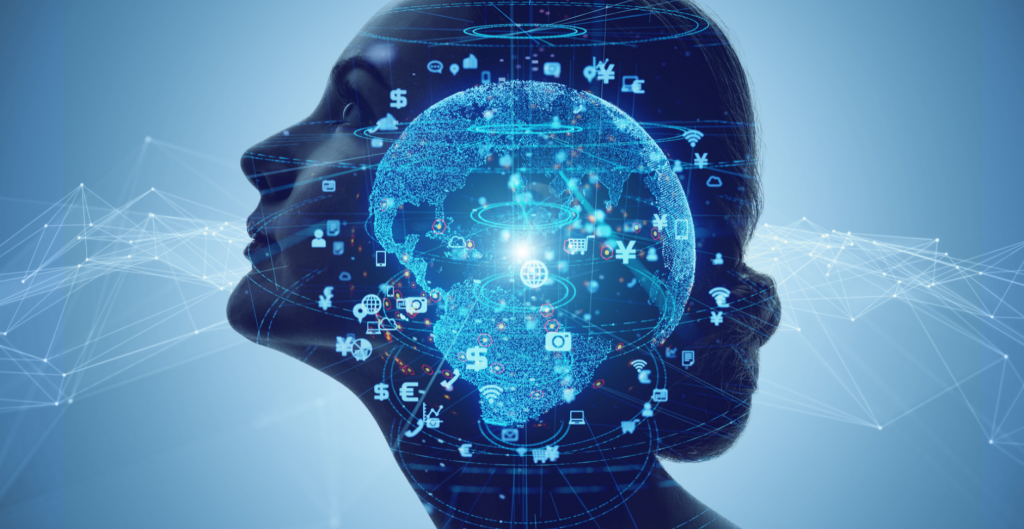Artificial intelligence(AI) is a vital driver of the digital healthcare revolution, with digital services empowering patients to make informed healthcare decisions and increasing operational efficiency while reducing costs within the healthcare sector. Intelligence (AI) has the potential to dramatically improve digital fitness data (EHRs) in quite a few approaches, enhancing productiveness, patient care, and records control. Here are the pinnacle six methods AI could use to make Electronic Health Records (EHR) systems take off the cost.
- Enhanced Individualized Healthcare:
AI-powered tools, such as voice recognition and natural language processing, can automate the data entry and documentation process. Healthcare professionals can speak or write notes, and AI can replicate the EHR, reducing the administrative burden and errors associated with manual data entry.
- Clinical Decision Support:
Clinical selection support systems powered via AI can determine patient records in actual time, providing healthcare companies with proof-based steering for analysis and treatment. These systems can alert providers to potential drug interactions, suggest appropriate testing, and offer treatment options, ultimately improving patient care and safety.
- Effective data recovery and analysis:
AI-powered search engines can make it easier for healthcare providers to access specific patient information in an EHR. These search algorithms can understand context, synonyms, and signatures, making retrieval faster and more accurate.
- Natural language processing for analysis and reporting:
Researchers and healthcare organizations can leverage AI-powered natural language processing to extract valuable insights from EHR data. AI can identify trends, research, and generate reports that can help improve medical knowledge, treatment strategies, and public health initiatives.
- Disease Diagnosis:
Artificial intelligence holds significant promise for enhancing diagnostic procedures. Assisted vectors, neural networks, decision trees, and other AI techniques can effectively diagnose many diseases. Deep learning algorithms can detect something like human operators.
- Real-time Monitoring and Alerts:
AI can continuously monitor patient data, providing real-time alerts for critical changes in vital signs, lab results, or other relevant parameters.
In summary, AI holds great promise for improving electronic health records by automating data entry, improving clinical decision support, providing predictive analytics, improving data acquisition, and enabling advanced analytics. Integrating AI into EHR systems can lead to more efficient and effective healthcare, benefiting healthcare providers and patients. If you want to know about expEDIum Office EHR, please do get in touch with one of our healthcare representatives here.

